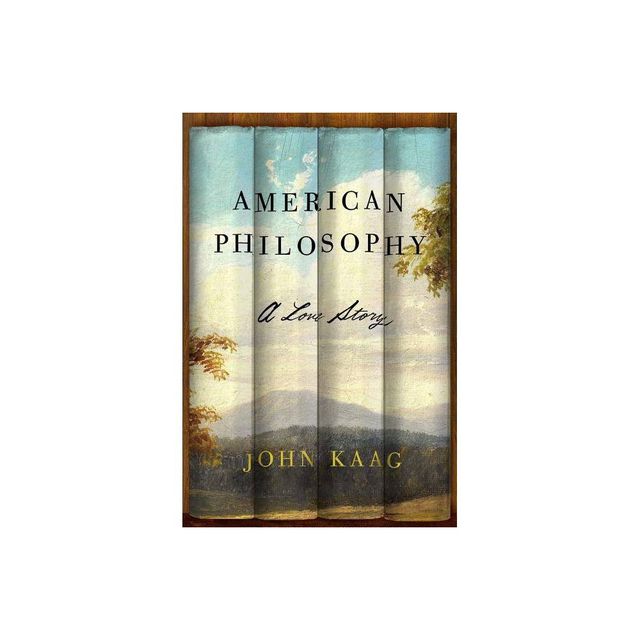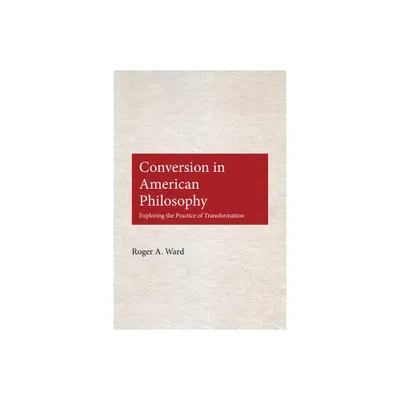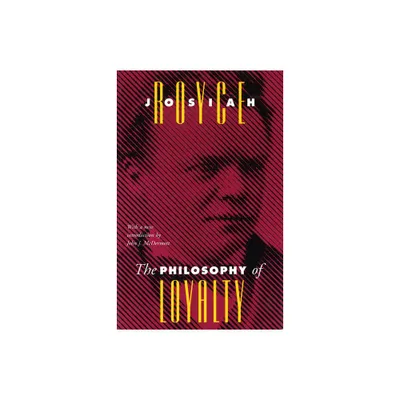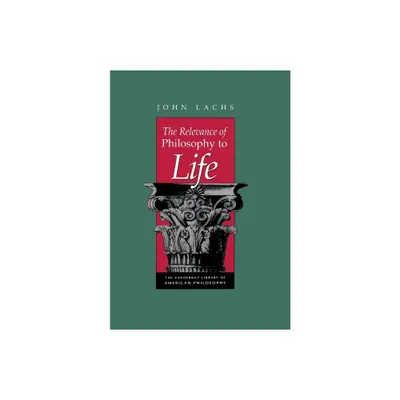Home
Classical American Philosophy: Poiesis Public
Loading Inventory...
Barnes and Noble
Classical American Philosophy: Poiesis Public
Current price: $130.00


Barnes and Noble
Classical American Philosophy: Poiesis Public
Current price: $130.00
Loading Inventory...
Size: Hardcover
*Product Information may vary - to confirm product availability, pricing, and additional information please contact Barnes and Noble
In
Classical American Philosophy: Poiesis in the Public Square
, Rebecca Farinas takes seven major figures from the American philosophical canon and examines their relationship with an artistic or scientific interlocutor. It is a unique insight into the origins of American philosophy and through case studies such as the friendship between Alain Locke and the biologist E.E. Just and the collaboration between Jane Addams and George Herbert Mead, Farinas provides a new insight into these thinkers' ideas.
Her new perspective allows her to move beyond relational aesthetics to consider these theorists' phenomenological, metaphysical, religious and cosmological ideas and reapply them to the modern world. Indeed, the partnerships she examines have proved especially valuable to newer philosophical fields like value theory, ethics, pedagogy and semiotics. Her links between art and science also provide new vantage points on our society's continuing artistic endeavours and technological advances and introduce an exciting new perspective on early American philosophy and its ensuing movements.
Classical American Philosophy: Poiesis in the Public Square
, Rebecca Farinas takes seven major figures from the American philosophical canon and examines their relationship with an artistic or scientific interlocutor. It is a unique insight into the origins of American philosophy and through case studies such as the friendship between Alain Locke and the biologist E.E. Just and the collaboration between Jane Addams and George Herbert Mead, Farinas provides a new insight into these thinkers' ideas.
Her new perspective allows her to move beyond relational aesthetics to consider these theorists' phenomenological, metaphysical, religious and cosmological ideas and reapply them to the modern world. Indeed, the partnerships she examines have proved especially valuable to newer philosophical fields like value theory, ethics, pedagogy and semiotics. Her links between art and science also provide new vantage points on our society's continuing artistic endeavours and technological advances and introduce an exciting new perspective on early American philosophy and its ensuing movements.


















